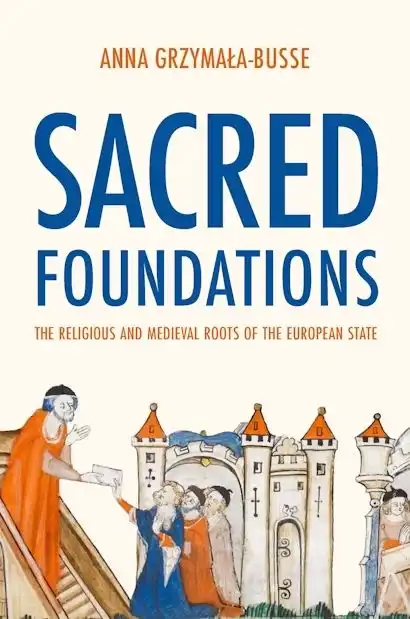Accueil>[Séminaire d'axe] Sacred Foundations: how the medieval church helped to build the European state
01.07.2024
[Séminaire d'axe] Sacred Foundations: how the medieval church helped to build the European state
À propos de cet événement
Le 01 juillet 2024 de 12:30 à 14:00
Sciences Po - 1 pl. Saint-Thomas-d'Aquin
Organisé par
Centre d'études Européennes et de politique comparée
The medieval church was a fundamental force in European state formation. Existing accounts focus on early modern warfare or contracts between the rulers and the ruled in explaining how the state arose. In contrast, I argue that the Catholic church both competed with medieval monarchs and provided critical templates for governing institutions, the rule of law, and parliaments. The result was both a territorial fragmentation unique to Europe, and the rise of several distinctive institutions: taxes, rule of law, and parliaments.
Speaker
Anna Grzymala-Busse, Stanford University
Anna Grzymala-Busse is the Michelle and Kevin Douglas Professor of International Studies in the Department of Political Science, the Director of the Europe Center, and Senior Fellow at the Freeman Spogli Institute. Her research focuses on the historical development of the state and its transformation, political parties, religion and politics, and post-communist politics. Other areas of interest include populism, informal institutions, and causal mechanisms. She is the author of three books: Redeeming the Communist Past: The Regeneration of Communist Successor Parties; Rebuilding Leviathan: Party Competition and State Development in Post-Communist Europe; Nations Under God: How Churches Use Moral Authority to Influence Politics and Sacred Foundations: the Religious and Medieval Roots of the European State. She is also a recipient of the Carnegie and Guggenheim Fellowships.
Chair
Jan Rovny, Sciences Po, CEE
*Seminar of the key themes "Strains in democratic representation" and "Cities, borders and mobility"
À propos de cet événement
Le 01 juillet 2024 de 12:30 à 14:00
Sciences Po - 1 pl. Saint-Thomas-d'Aquin
Organisé par
Centre d'études Européennes et de politique comparée